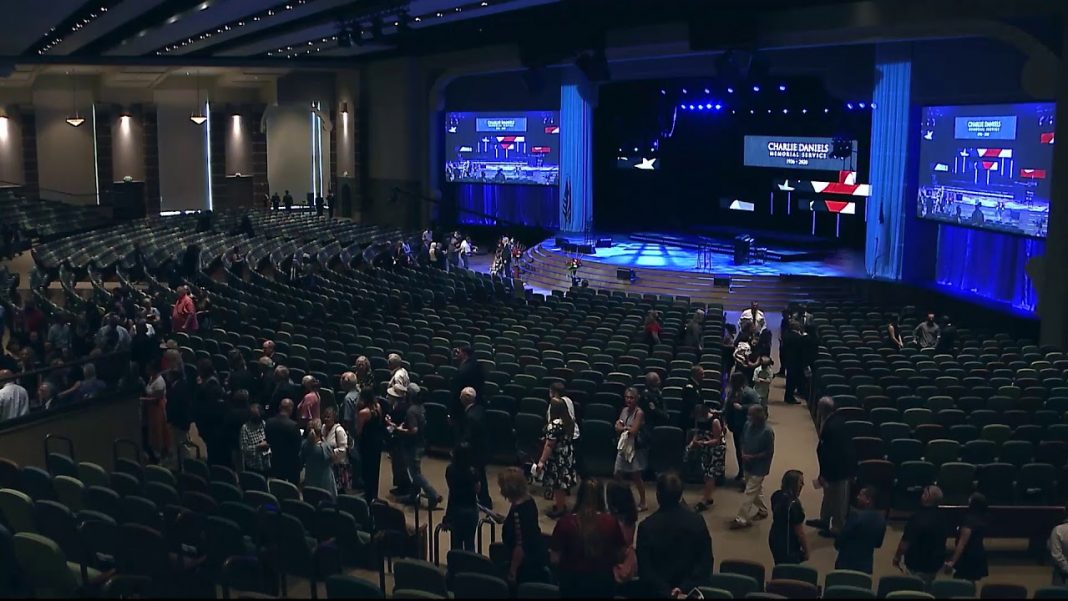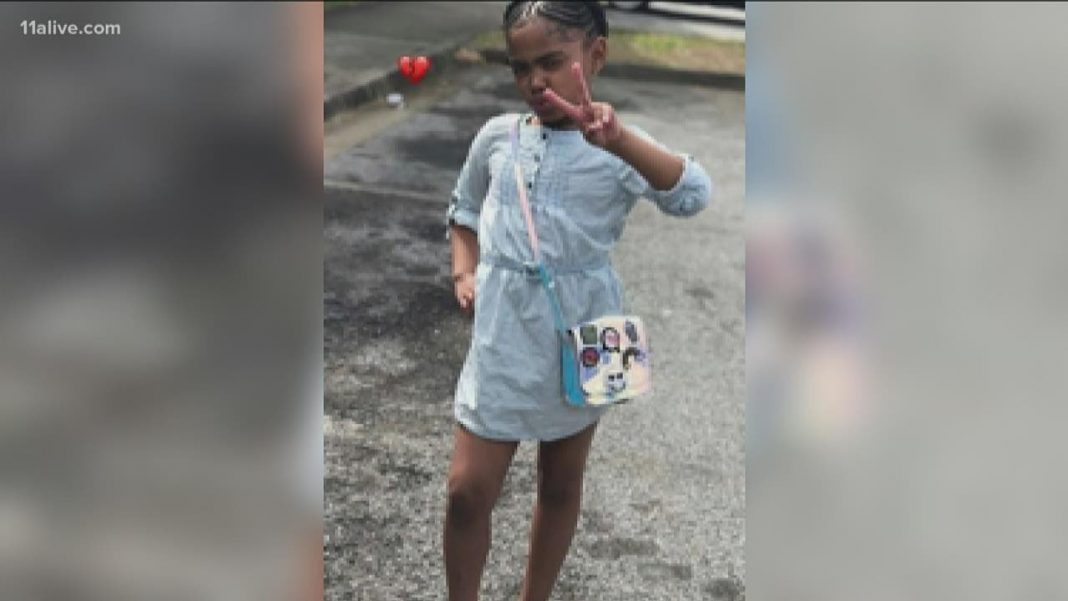The Supreme Court ruled states can bind faithless electors. Fox News chief legal analyst Shannon Bream breaks down what the ruling means.
Transcript
Sandra Smith: Right to this. The Supreme Court decision just out. Shannon Bream is standing by with breaking news for us. As expected, we’re starting to get some, some rulings from the Supreme Court. Our chief legal correspondent anchor on Fox News at night, Shannon Bream. Shannon what do you have. Good morning.
Shannon Bream: Yes Sandra, I’m reading right now. We have a pair of cases that involve faithless electors, people who are pledged and chosen by their states to go to the Electoral College and vote based on how the state basically tells them to vote out, how the popular vote went down.
There were a group of voters from Washington State, there was another in Colorado, who both challenged this last time around saying, I want to be able to and I have the freedom and the right to, when I get to the Electoral College they do, after the the popular vote all across the country, I want to go vote how I want to and the state said, no. In some states you can fine or sanction people. There are other remedies and methods for stopping them from doing what they do or punishing them if they do that.
Today in a unanimous opinion the Supreme Court has said no, if you are an elector, you are chosen by your state, you got to follow the rules. It was one of those arguments. It was one of the first that they did by teleconference over the phone, and across-the-board we uniformly heard them saying, I don’t understand how this would work. It would be chaotic. There were questions raised about bribes. What if somebody started bribing electors. If you only have a swing of 5 to 10 electors who decide to do their own thing, that can actually change an election in a very tight year.
So Justice Kagan writes for the majority here and she says,
“Among the devices states have long used to achieve their objective all these pledge laws designed to impress on electors their roles as agents of others. A State follows in the same tradition if, like Washington, it chooses to sanction an elector for breaching his promise. Then too, the State instructs its electors that they have no ground for reversing the vote of millions of its citizens. That direction accords with the Constitution—as well as with the trust of a Nation that here, We the People rule.”
So they said listen, these states got it right, if you have an elector who goes to the Electoral College you can bind them as a state to vote the way that they said they would which is based on your State’s popular vote. And sometimes they do split. Occasionally there are a couple of states that will split off how the electors go, or how their popular vote goes, but the bottom line is here the courts agreed on this one and Sandra, we don’t often see 9 agreeing opinions these days.
Sandra Smith: Okay if Shannon Bream on that for us.
CHIAFALO ET AL. v. WASHINGTON PDF
When Americans cast ballots for presidential candidates, their votes actually go toward selecting members of the Electoral College, whom each State appoints based on the popular returns. The States have devised mechanisms to ensure that the electors they appoint vote for the presidential candidate their citizens have preferred. With two partial exceptions, every State appoints a slate of electors selected by the political party whose candidate has won the State’s popular vote. Most States also compel electors to pledge to support the nominee of that party. Relevant here, 15 States back up their pledge laws with some kind of sanction. Almost all of these States immediately remove a socalled “faithless elector” from his position, substituting an alternate whose vote the State reports instead. A few States impose a monetary fine on any elector who flouts his pledge. Three Washington electors, Peter Chiafalo, Levi Guerra, and Esther John (the Electors), violated their pledges to support Hillary Clinton in the 2016 presidential election. In response, the State fined the Electors $1,000 apiece for breaking their pledges to support the same candidate its voters had. The Electors challenged their fines in state court, arguing that the Constitution gives members of the Electoral College the right to vote however they please. The Washington Superior Court rejected that claim, and the State Supreme Court affirmed, relying on Ray v. Blair, 343 U. S. 214. In Ray, this Court upheld a pledge requirement—though one without a penalty to back it up. Ray held that pledges were consistent with the Constitution’s text and our Nation’s history, id., at 225–230; but it reserved the question whether a State can enforce that requirement through legal sanctions.
19-465_i425





